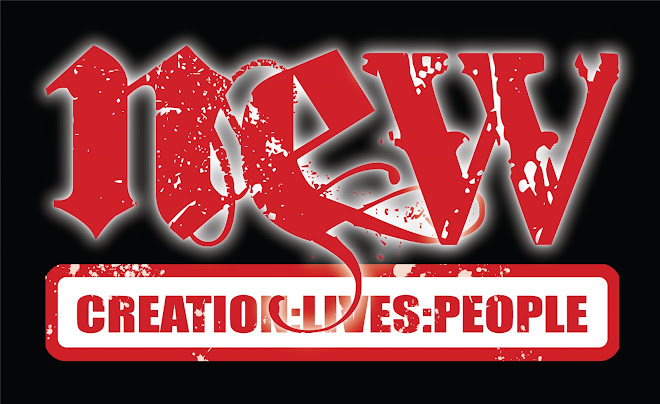ARE YOU READY ??
CAMP IS HERE !!!
Sunday, December 13, 2009
Wednesday, December 9, 2009
Bajau
The Bajau are an indigenous ethnic group of Malaysia and the southern Philippines. Although native to the southern Philippines, due to escalated conflicts in the Sulu Archipelago in the southern part of the country, many of the Bajau had migrated to neighboring Malaysia over the course of 50 years, where currently they are the second largest ethnic group in the state of Sabah, making up 13.4%.

gideon
Vandals
The Vandals were an East Germanic tribe that entered the late Roman Empire during the 5th century. The Vandals are perhaps best known for their sack of Rome in 455. Although they were not notably more destructive than others, the high regard which later European cultures held for ancient Rome led to the association of the name of the tribe with vandalism: senseless destruction, particularly in diminution of aesthetic appeal or destruction of objects that were completed with great effort.

gideon
Monday, December 7, 2009
Sherpa
The Sherpa ("eastern people", from shar "east" + pa "people") are an ethnic group from the most mountainous region of Nepal, high in the Himalayas. Sherpas migrated from eastern Tibet to Nepal within the last 300–400 years. The term Sherpa is also used to refer to local people, typically men, who are employed as guides for mountaineering expeditions in the Himalayas, particularly Mt. Everest. They are highly regarded as elite mountaineers and experts in their local terrain. Most Sherpas live in the west regions; however, some live farther west in the Rolwaling valley and in the Helambu region north of Kathmandu. Pangboche is the Sherpas' oldest village in Nepal. The Sherpa language is a dialect of Central Tibetan and is mutually intelligible for speakers familiar with modern Lhasa vernacular.

gideon
Anglo-Saxons
Anglo-Saxons is the term usually used to describe the invading Germanic tribes in the south and east of Great Britain from the early 5th century AD, and their creation of the English nation, to the Norman conquest of 1066. The Benedictine monk, Bede, identified them as the descendants of three Germanic tribes
1. The Angles, who may have come from Angeln, and Bede wrote that their whole nation came to Britain, leaving their former land empty. The name 'England' (Anglo-Saxon 'Engla land' or 'Ængla land' originates from this tribe.
2. The Saxons, from Lower Saxony or Niedersachsen, Germany
3. The Jutes, from the Jutland peninsula.
Their language (Old English) derives from "Ingvaeonic" West Germanic dialects and transforms into Middle English from the 11th century. Old English was divided into four main dialects: West Saxon, Mercian, Northumbrian and Kentish.

gideon
Friday, December 4, 2009
Zulu
The Zulu were originally a major clan in what is today Northern KwaZulu-Natal, founded in 1709 by Zulu kaNtombhela. In the Nguni languages, iZulu or iliZulu or liTulu means heaven, or sky. At that time, the area was occupied by many large Nguni communities and clans. Nguni communities had migrated down Africa's east coast over thousands of years, as part of the Bantu migrations probably arriving in what is now South Africa in about the 9th century A.D. The last king of the Zulu Empire was Cetshwayo who fought against the invading forces of the British Empire. The Zulus were able to hold of the 1st invasion by the British Empire. Nevertheless, a 2nd invasion force was able to take the Ulundi, the capital of Zulu Kingdom. This mark the end of the Zulu Empire.

gideon
.jpg)
